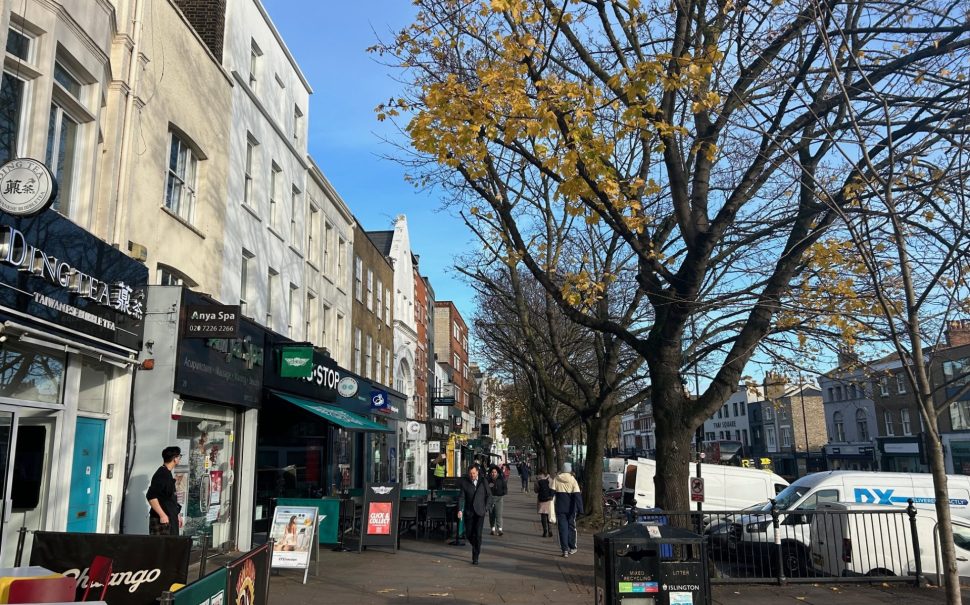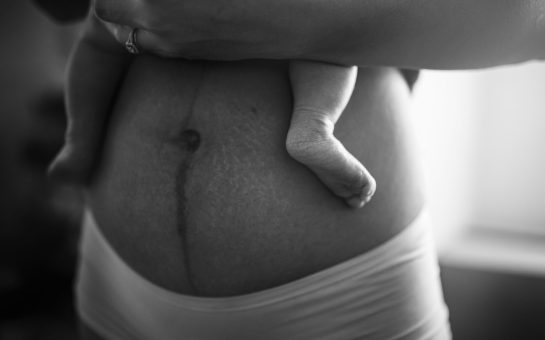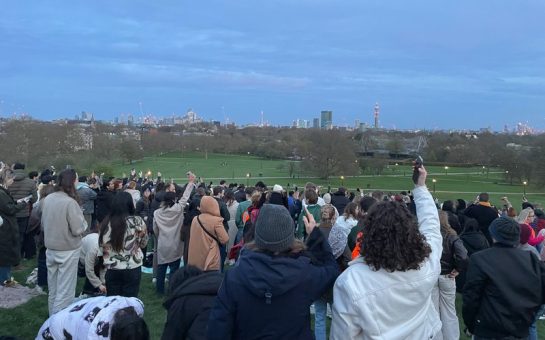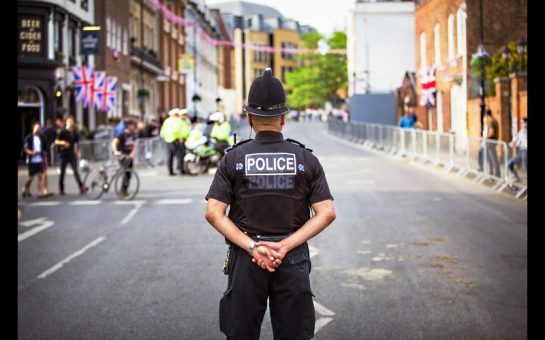Islington has the second-lowest HIV testing coverage of all London boroughs, data shows.
Last year, just a third of people eligible for an HIV test when attending specialist sexual health services were tested for the condition, according to figures from the UK Health and Security Agency (UKHSA).
This is a fall of 14.5 percentage points from the previous year, when nearly half of eligible people were tested, and less than half the testing coverage from 2019, when more than two-thirds of eligible Islington residents were tested.
Nicola Jones, partnership co-ordinator at the Terrence Higgins Trust, a charity that provides services relating to HIV, said: “The main issue is that services are really under strain at the moment because of a lack of funding alongside an increasing demand.
“That means sexual health services aren’t able to provide the same level of face-to-face care, including HIV testing, that was available before Covid.”
HIV testing rates across England and Greater London remain significantly below pre-pandemic levels, which poses an obstacle to the government’s goal of eliminating new cases in the UK by 2030.
Last year, 555,118 Britons were tested.
Although this is an increase from 2021, when 480,273 people were tested, and 2020, when 468,019 tests were carried out, it remains far below the 1,005,241 tests made in 2019, before the pandemic.
An increase in other STIs has also added to the strain on sexual health clinics.
Jones said: “In particular the Mpox – previously known as monkeypox – outbreak in the summer of 2022 really added to the pressure on sexual health services.
“If we look at the latest data from the UKHSA on STIs, there has been an increase in transmission of STIs, especially syphilis and gonorrhoea, which then added to the increasing demand on sexual health services.”
Although diagnoses of new HIV cases in Islington have fallen to 35 last year, compared with 44 before the pandemic, this may be a consequence of the lack of testing.
HIV testing and knowledge of HIV status increase survival rates and reduce the risk of transmission.
Testing among heterosexual and bisexual women and heterosexual men seems to have fallen the most behind compared with pre-Covid levels.
The testing levels for heterosexual and bisexual women in England were 81% of the level recorded in 2019, with heterosexual men at 67%.
In Islington, the numbers are even lower.
Among all men in the borough, testing fell from 70.5% less than half last year.
Before the pandemic, testing among Islington men was at 83%. Among all women, testing fell to a record low of 17.8% last year, compared with 56.2% in 2019.
Dora, a 24-year-old Islington resident, said: “I don’t get tested regularly because I use condoms.”
She added that she has been tested for HIV before.
Although there may be a behavioural aspect to the lack of testing among heterosexual men and women, there are also external barriers, as only three-fifths of heterosexual and bisexual women were offered an HIV test last year.
The testing percentage in Islington is the same as in Sutton.
The borough with the highest testing coverage, Lewisham has more than double the rate with 70% while Barnet, north London, had the lowest coverage with just over a quarter.
Although self-test kits have helped to increase testing, they are not available to everyone, such as those who live in rural areas.
Young people may live with their parents and would not want to receive a testing kit to their home. Drawing blood with the test kits can also be difficult for some people.
Jones said: “While self-testing is a really great option for some people it shouldn’t be a one-solution-fits-all programme.
“A lot of people are being directed to postal testing because of the difficulties in getting face-to-face appointments.
“Before Covid-19, most sexual health clinics would have had a walk-in service available, but a report by the Terrence Higgins Trust shows that out of 57 clinics only six had a drop-in service that was open to all.”
The key to increase testing is a boost to funding, Jones said.
The trust is lobbying the government to increase the public health grant allocated to local authorities in line with inflation.
It is also working on simplifying how people can book appointments and ensuring that postal testing is available in all areas.
Opt-out testing at A&Es, whereby a patient is tested for HIV unless they decline, has proven to be effective in increasing testing rates and diagnosing black Africans, a group that is more likely to be diagnosed at a late stage, and could therefore reduce health disparities.
The Terrence Higgins Trust recommends expanding opt-out testing to areas with high HIV prevalence, which would affect an additional 43 emergency departments.
Jones said: “I think it’s important to note that although opt-out testing is hugely successful, and it’s really, really important, it is one piece of the puzzle and it should complement better-funded sexual health services, which provide people with opportunities to have broader conversations about sexual and reproductive health beyond testing.”
She also highlighted the importance of campaigns such as the World Aids Day on Friday and National HIV Testing Week in February, which aims to normalise and destigmatise HIV testing.
On Friday, the trust will collect donations outside London railway stations and take part in the Big Give campaign until 5 December.
Until then, all donations made to the charity will be doubled.
Islington Council, which is responsible for sexual health testing in the borough, declined to comment.
Featured image: Upper Street in Islington. Copyright: Phyllis Akalin





Join the discussion